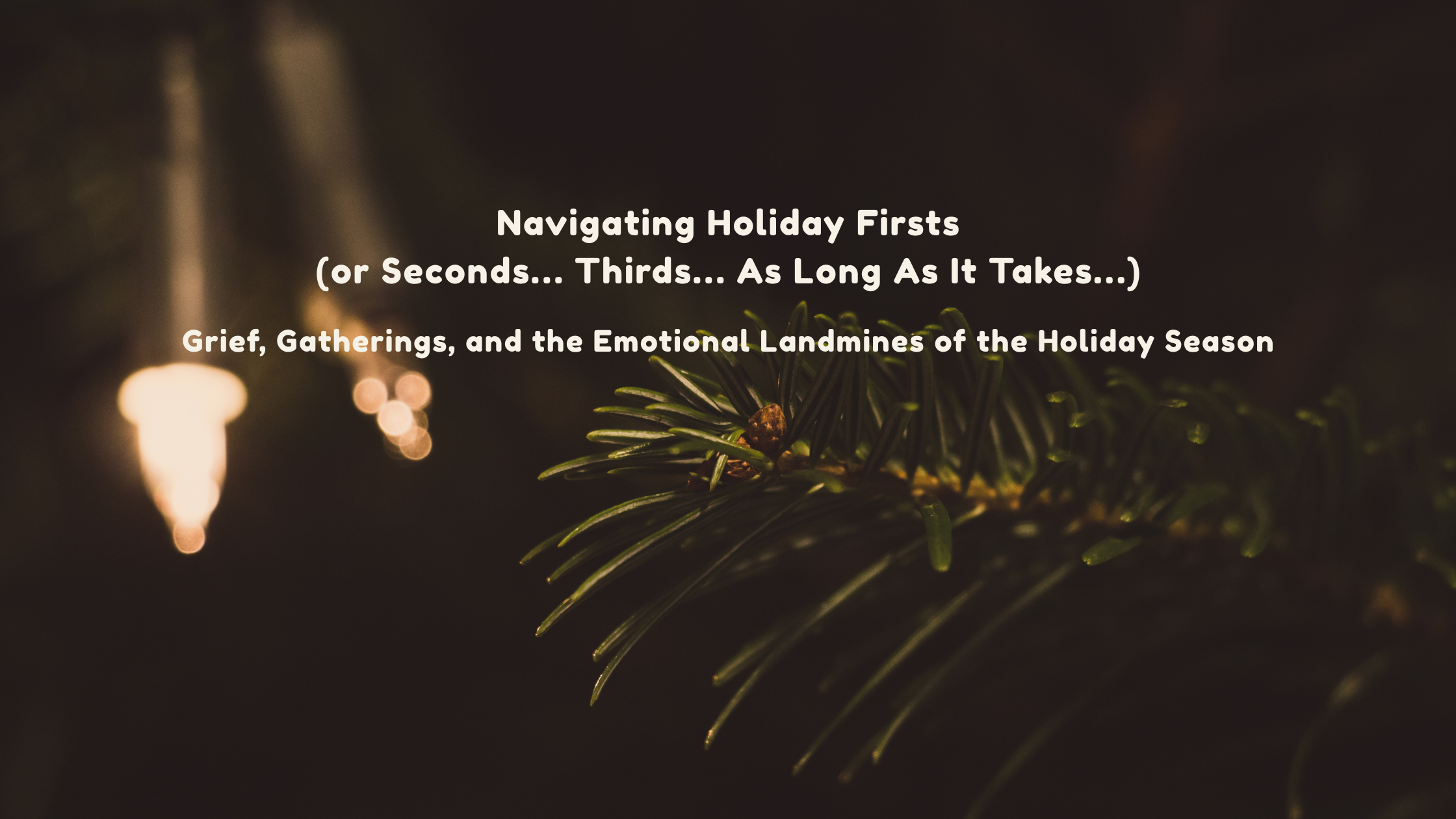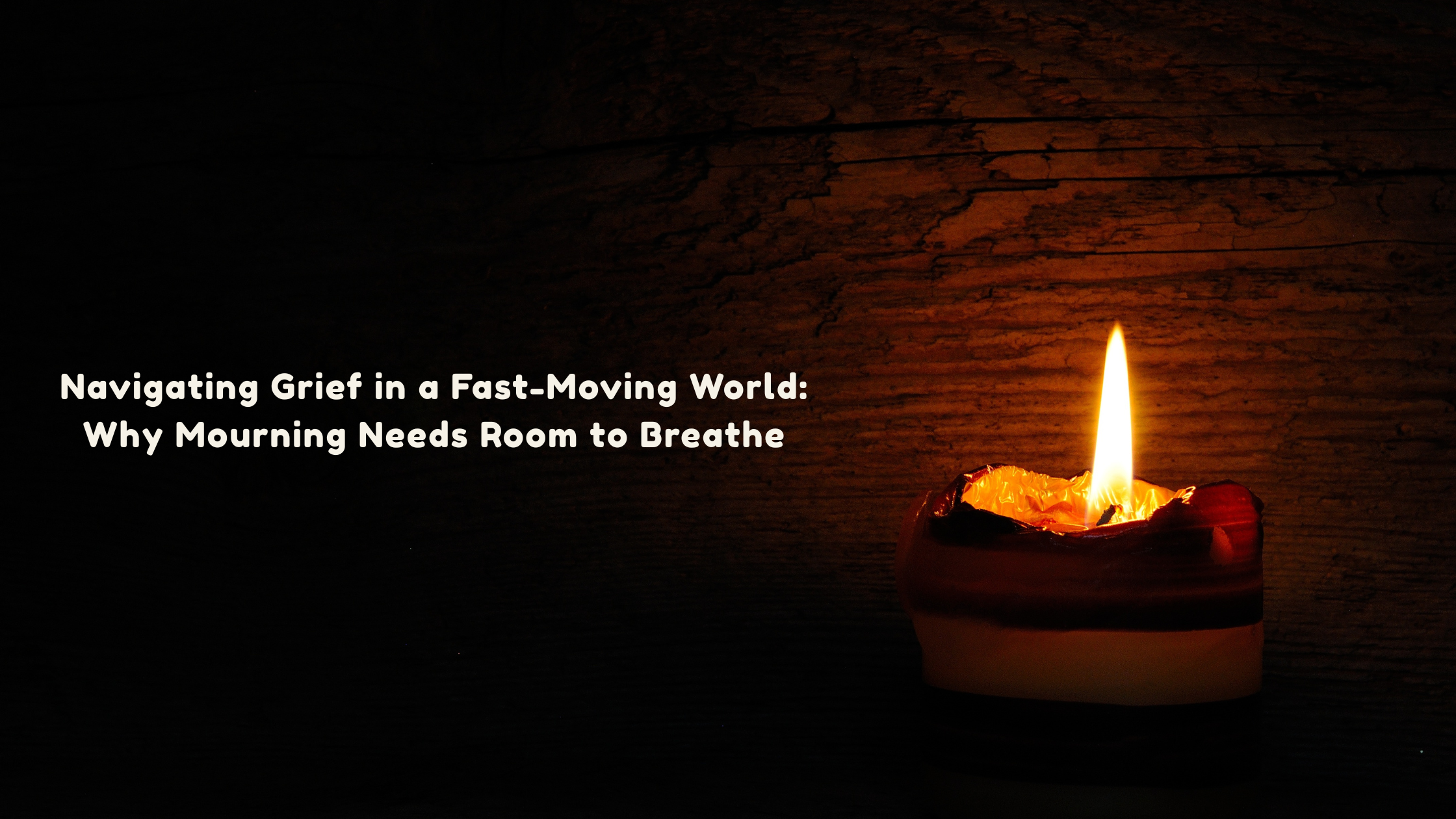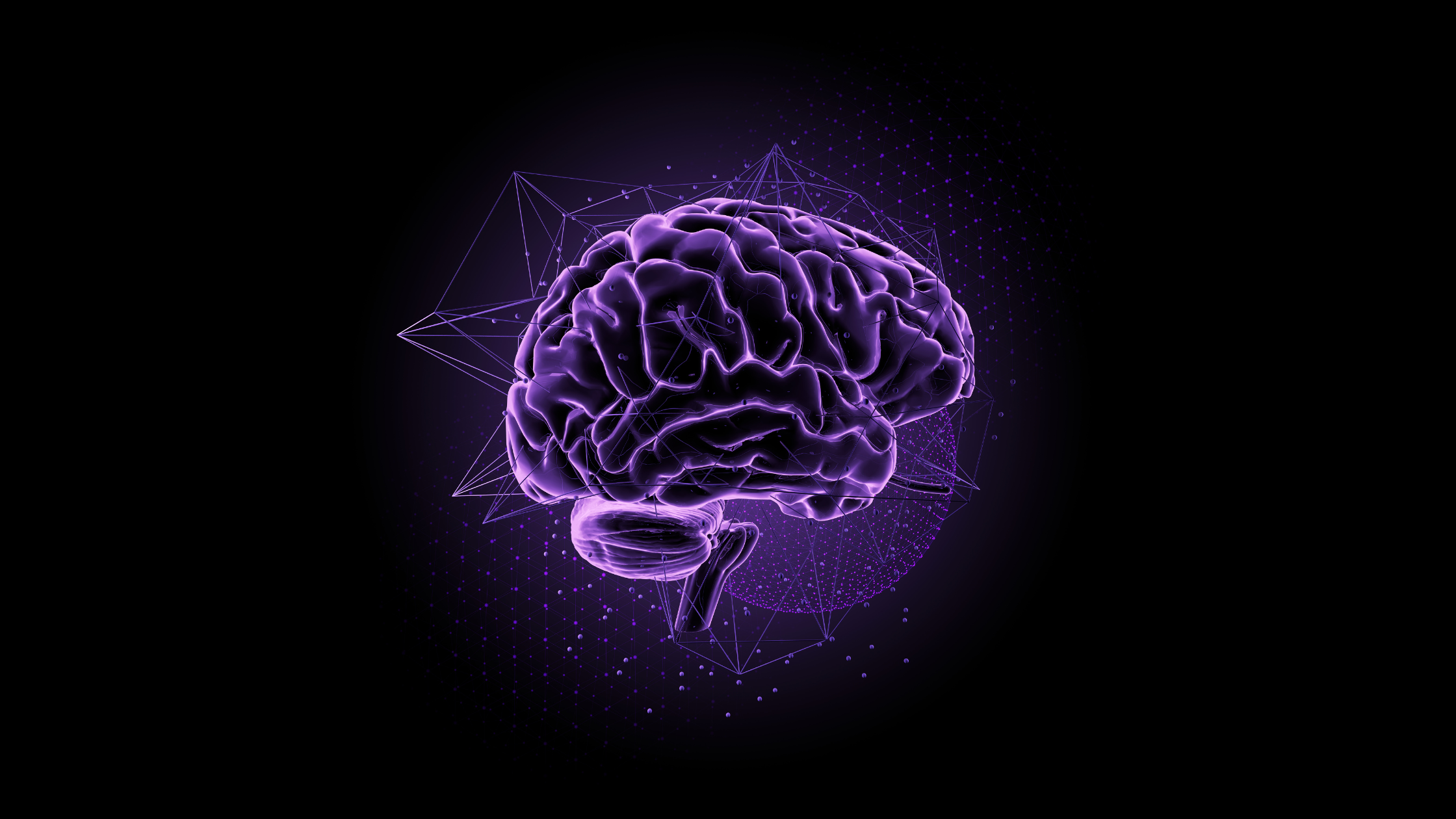Weekly companion blogs to the Transformative Journeys to Growth and Resilience™ podcast.

Navigating Holiday Firsts: Grief, Gatherings & Emotional Landmines
If you’re grieving - whether you are heading into your first holiday season without someone, or you are many years along in your grief journey, this time of year can feel like you’re trying to navigate your way through a field of emotional landmines that some people aren’t aware are there.

Navigating Grief in a Fast-Moving World: Why Mourning Needs Room to Breathe
Science tells us that real, personal connection is a critical part of healing. A hug. A hand on our shoulder. Someone simply sitting quietly beside us. These are the things that actually soothe our nervous system and tell our brain we are safe, seen, and not alone. So how do we reclaim our right to grieve in a world that seems uncomfortable with it?

Grief Brain: Why You Can’t Think Straight (and How to Support a Healing Mind)
Ever walked into a room and instantly forgotten why you were there? When you’re grieving, that fog and forgetfulness aren’t signs you’re “losing it.” They’re your brain’s way of coping with emotional overload. In this post, Johanna unpacks the neuroscience of grief brain and offers practical, compassionate ways to support your mind as it heals.

My Journey Through Loss: Honouring My Son’s Memory & the Grief of Lost History
The term “lost history” came up for me during a trauma-informed peer support training years ago, and it lodged itself in my head - and my chest - because it deeply resonated. It’s the ache that doesn’t come from the past, but from the future that was taken away.

Who Am I to Start a Podcast? A Journey Through Doubt, Fear, and the Courage to Do It Anyway
Here’s a few things I’ve learned since that first episode – because there’s some science behind the fear of starting something new: • Fear isn’t always a signal to stop. It means your brain thinks you’re doing something brave – and it’s wired to try to stop you from doing things that put you in danger. • Embarking on something new literally rewires your brain. It creates new neural pathways and boosts cognitive resilience. • Creativity and learning protect your brain as you age. (Bonus points for midlife podcasters, right?)

The Art of Unlearning: Why Shedding Old Stories Is a Superpower
What if the secret to being happier and more at peace - and maybe even finding your next breakthrough - was already within yourself? What if the most powerful thing you can do for your growth... is to unlearn?
